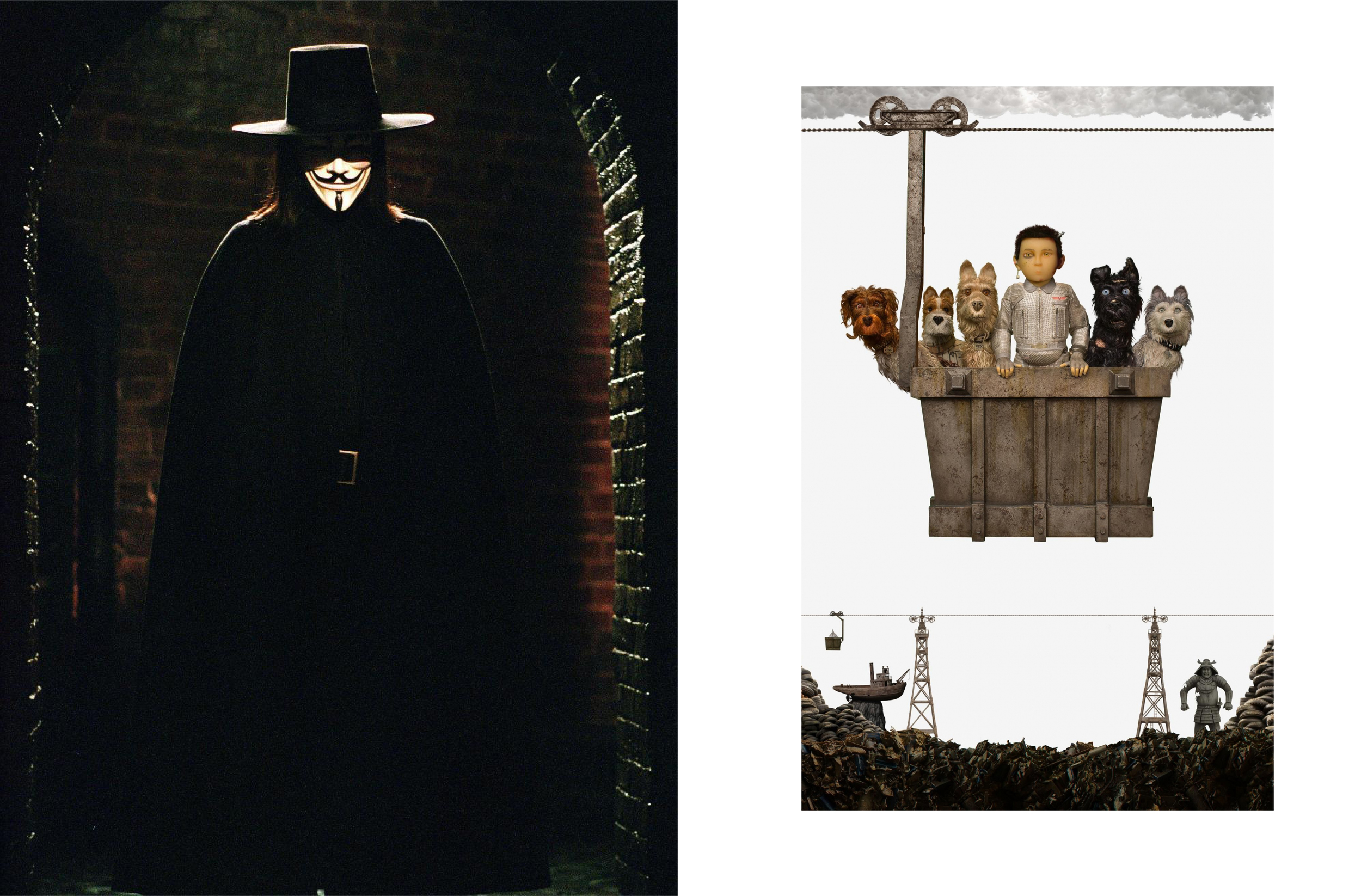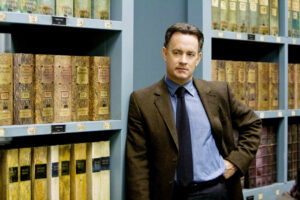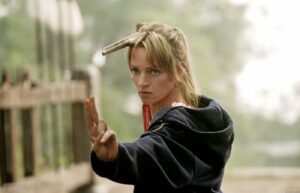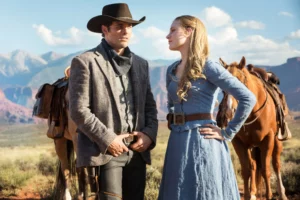“Dystopia”: noun identifying the negative outcome and eventual failure of a society that has attempted to create the perfect society (Urban Dictionary). “Dystopian”: adjective relating to a very bad or unfair society in which there is a lot of suffering (Cambridge Dictionary). Quite of an academic start for an article about movies, isn’t it? But to shed some light and make sure you possess preliminary knowledge before tackling or reading about any kind of topic is always the key to avoid talking rubbish, or giving and collecting too generalized and therefore ephemeral information about all and nothing. So, forgive my didactical preamble, but recaps have never hurt anyone, right?
Let’s talk etymology for a while: from Ancient Greek dys– “bad, hard” and topos “place“, dystopian worlds are kind of like our worst nightmares: so creepy and disturbing, yet so familiar, and for that very reason so fascinating. Cinema has always been feeding on these kinds of uncanny atmospheres, and loads of movies have been made telling surreal stories about the potential, terrible evolutionary options for human society, maybe in a future where the more people try and make things work the way they want them to work, the more everything escapes their control and most of the times with dreadful consequences. Do you want to get an idea of what the world could look like if we insisted on going against nature and beyond human limits? Have a look at our list of 5 can’t-miss dystopian movies.
“Orwell 1984” (1984)
“Who controls the past controls the future. Who controls the present controls the past.”
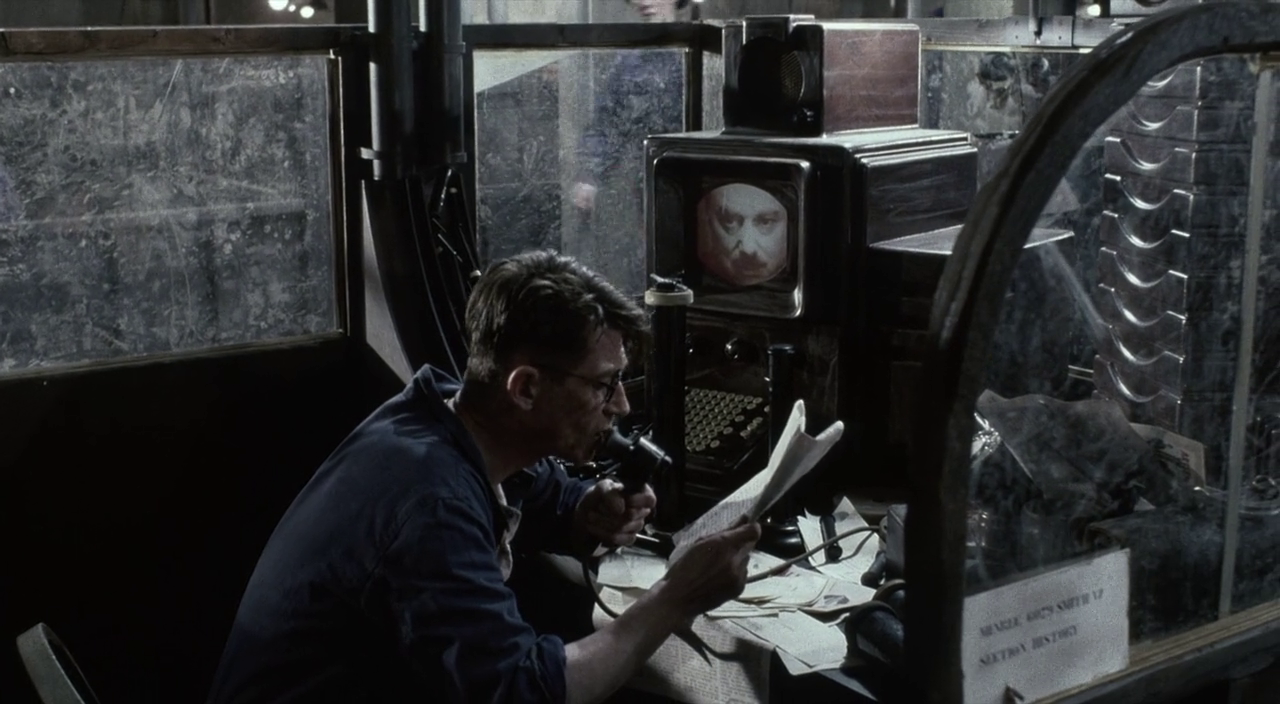
Based on the dystopian novel par excellence, George Orwell’s “1984”, this drama directed by Michael Radford mirrors the book in an accurate and precise way, with all the anguish and darkness that characterize it. In a Universe where planet Earth is divided into three Superstates in constant war with each other, Winston Smith (John Hurt), an employee at the Ministry of Truths, is extremely frustrated by a life lived under the oppressive and totalitarian regime of the Ingosc (English Socialism), where the Thought Police and the supreme leader Big Brother watch and monitor every single action of every single citizen. Winston’s will to insubordination and revolt gets stronger and stronger, especially after he meets Julia (Suzanna Hamilton) and falls for her in a time where love was one of the most serious and prosecutable of crimes.
“V for Vendetta” (2005)
“People should not be afraid of their governments. Governments should be afraid of their people.”
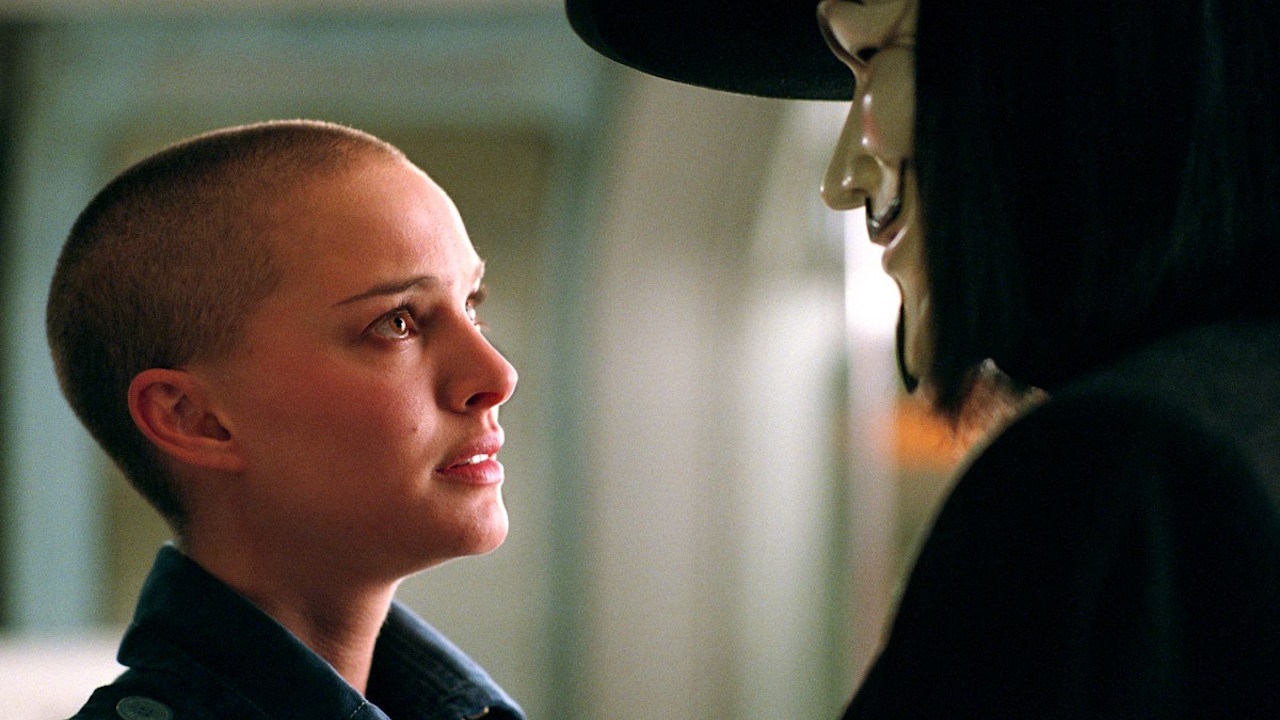
This dystopian political action film directed by James McTeigue and written by the Wachowski brothers is a cinematographic adaptation of the 1988 DC Comics limited series of the same name created by Alan Moore and David Lloyd. In a future world where a neo-fascist totalitarian regime dominates the United Kingdom, V (Hugo Weaving), an anarchist who hides his face behind a Guy Fawkes mask, attempts to rise up against the supremacists in power and start a revolution with the help of young working-class woman Evey Hammond (Natalie Portman). A series of sophisticated terrorist attacks stands out as a homage to the executor of November 5th 1605 so-called Gunpowder Plot, whose face and spirit Mr. V has made one with his own.
“The Lobster” (2015)
“It’s no coincidence that the targets are shaped like single people and not couples.”
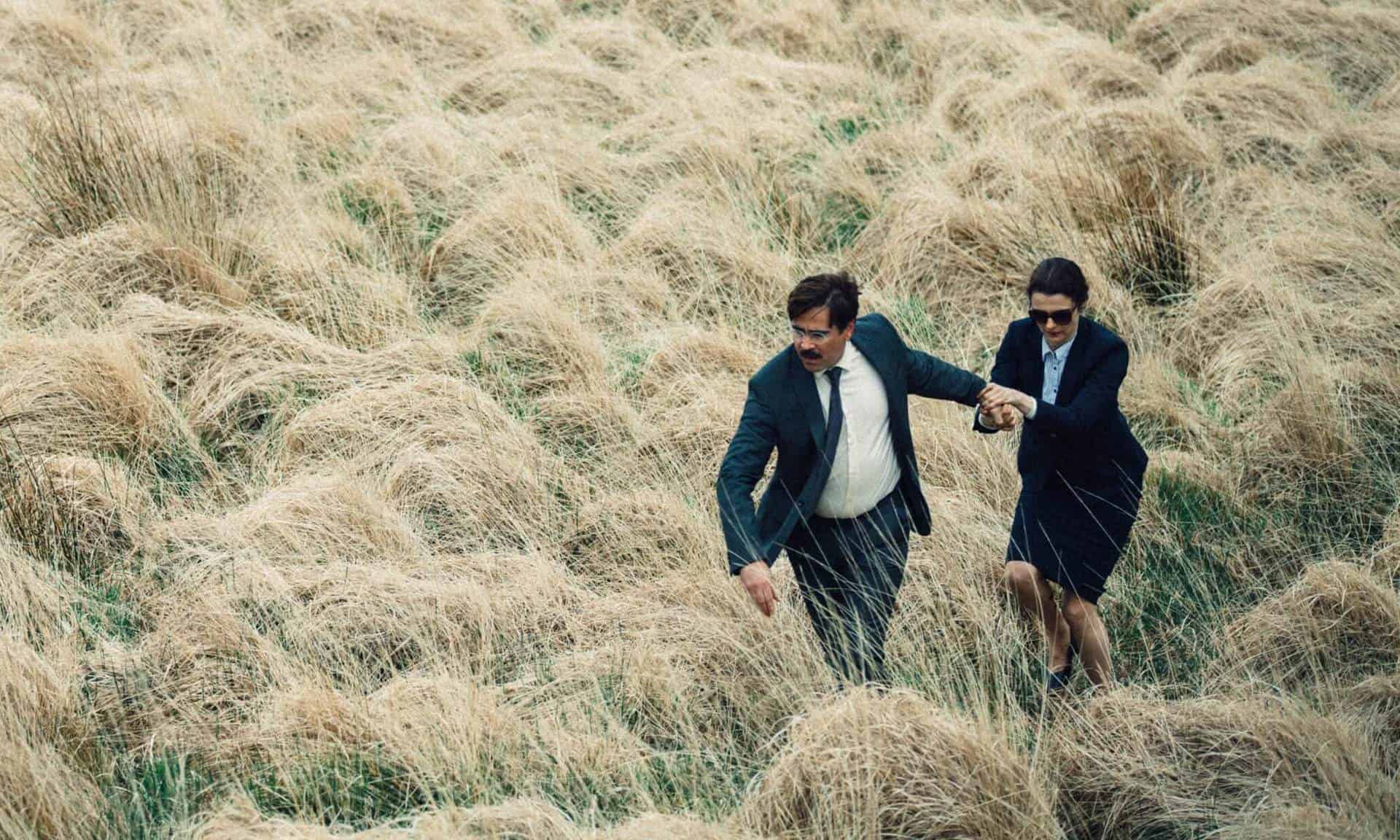
In a dystopic future where being single is a crime and a curse, the psychological violence of society has never been more tangible and dangerous. Director Yorgos Lanthimos gives shape to a world in which all uncoupled middle-aged men and women are compulsorily deported in a huge hotel: here, guests are requested to find their soulmate in 45-days’ time, otherwise the transformation in an animal of their choice. A rebellious uncoupled man called David (Colin Farrell) decides to escape the hotel and its prison-like rules and tests, and he joins the “Loners,” other rebels to the regime to whom falling in love is strictly forbidden.
“Upside Down” (2012)
“You know up there, they always win. And down here, well we always lose.”
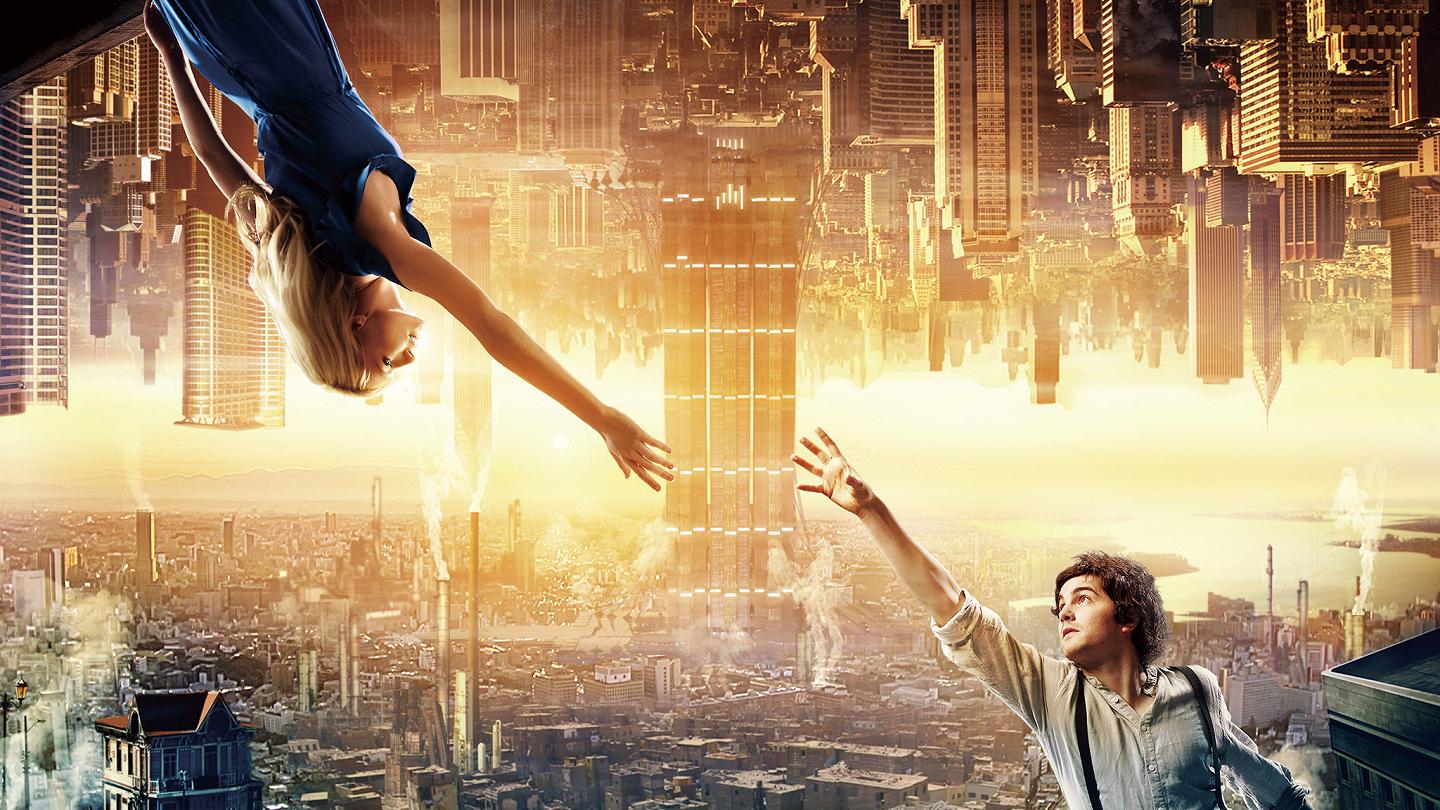
Written and directed by Juan Solanas, this sci-fi romance is set in two Earthly-looking planets located one opposite to the other, in the place of each other’s sky. The two planets are connected by a gigantic column, but their respective inhabitants cannot meet directly, otherwise objects and buildings from their worlds might combust. Adam (Jim Sturgess), from the poor and disadvantaged “lower” world, has loved Eden (Kirsten Dunst), from the more privileged “upper” world, ever since they were teenagers, but their love has been hindered not only by social class rules and conventions, but also by strict political restrictions and very uncomfortable planetary conditions. However, in this dystopic two-planet Universe, love will prove to be way more powerful than gravity.
“Isle of Dogs” (2018)
“I don’t think I can stomach any more of this garbage.”
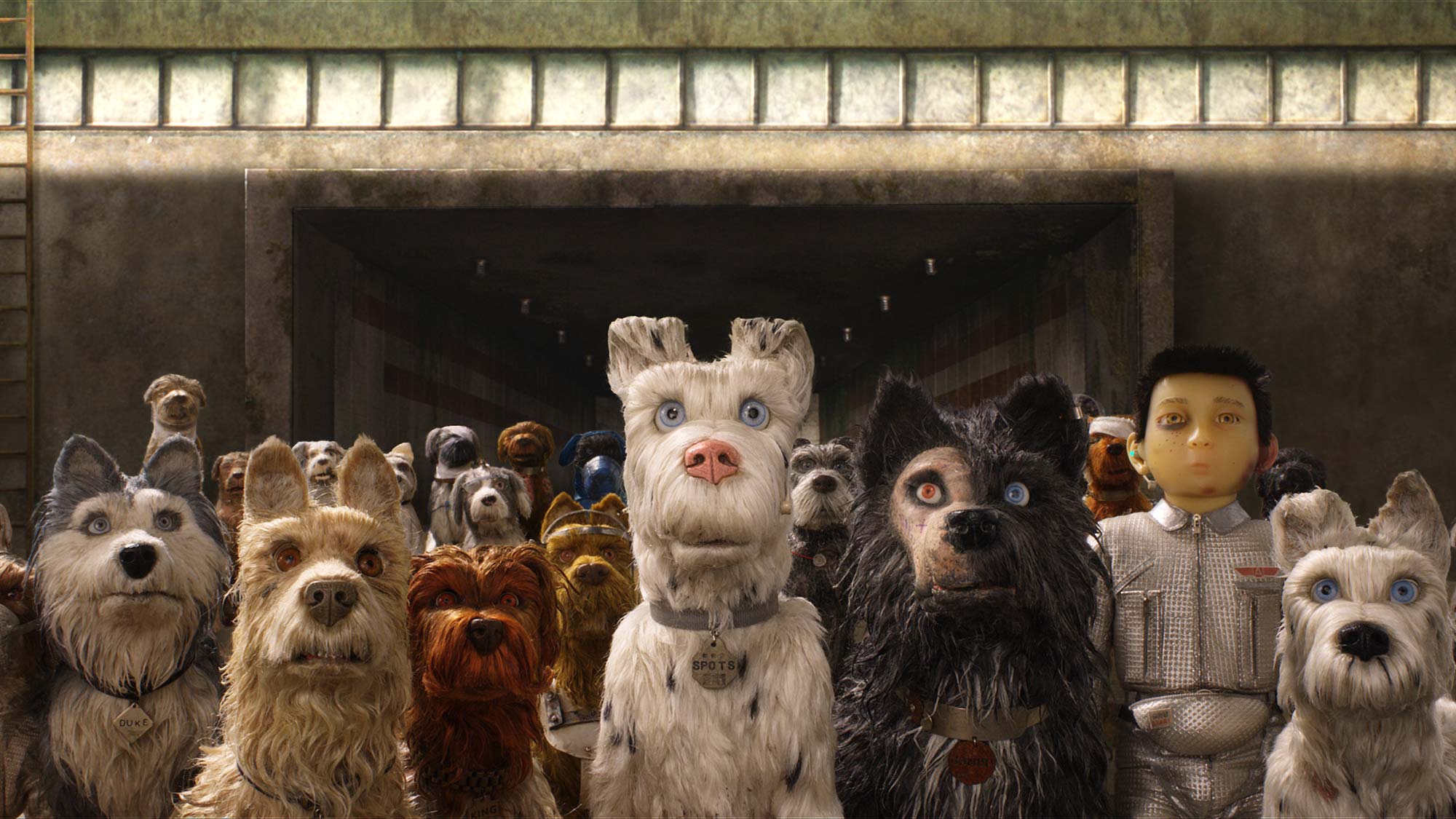
The stop-motion animated film by Wes Anderson focuses on the miserable fate of the dogs from Megasaki City, where an Executive Decree has established that all canine pets must be exiled to a garbage-dump called Trash Island, after an outbreak of canine flu. 12-year-old Atari Kobayashi (Koyu Rankin) is willing to do anything to save his body-guard dog, Spots (Liev Schreiber). Atari decides to fly to Trash Island himself to rescue his beloved dog; easing his quest there will be a gang of mixed breeds: Chief (Bryan Cranston), Rex (Edward Norton), Boss (Bill Murray), Duke (Jeff Goldblum) and King (Bob Babalan). Together they will risk their lives for the sake of the whole canine (and human) population from their dystopian Japanese hometown.
#5MENTIONSOFHONOR
“Metropolis” (1927)
“Blade Runner” (1982)
“WALL•E” (2008)
“The Hunger Games” Saga (2012-2015)
“Ready Player One” (2018)

